Posted at 15:22h
in
Jazz Show Saturday
Grooving along to the funk/jazz band that has audiences tapping their foot and performing “a blend of ‘Funky Jazz and Voodoo Grooves’”, Zen Groove Funkestra joins us this Saturday, March 24th. The members are Dillon Partin (Bass), Scott Jones (Drums), Eric Earley (Sax), Chris Tomazic (Guitar), and newest member, Lauren Jenkins (Vocals).
 Q: How did your band form?
Q: How did your band form?
Dillon: I’ll cover that really quick. So I had a bunch of music that I had written that was like an instrumental concept album that was inspired by my wife’s father’s death. Not a really happy funky dance type idea, but I just had all this music and the band that I was playing in, there really wasn’t a phase there for that music to be played. At the time, I was in another band with Scott Jones, [our] drummer, and talked to him about maybe doing something different and making it an album of that music. And that became Zen Groove Arkest which was a tribute to a band called Sun Ra Arkestra. So we thought that we’d record that album in 2015 and we did one concert to promote that album and we had so much fun we decided to make it into a band. We played as Zen Groove Arkest for about a year and then we had a lot of trouble with people remembering Arkest and so in the middle of changing the band members and changing the sound to become more listener-friendly and dance-friendly and adding a bunch of covers, we changed the name of the band to Zen Groove Funkestra. It’s a little bit easier for people to get but at least as far as I know, no one in the world has a band called Zen Groove Orchestra.
Q: You said you changed it because people mess it up often and now you’ve told me that people still mess it up and that’s what you wanted?
D: It wasn’t that we wanted people to mess it up, it’s just something that was unique. I didn’t realize that Funkestra would be so difficult but it honestly isn’t as bad as Arkest. We did a show in Miami in January and we were introduced as Zen Groove Fun-estra which you know, isn’t a bad choice for a name. The idea is like an orchestra, but we play Funk-based music.
Q: How w ould you say your style has captivated your audiences?
ould you say your style has captivated your audiences?
Scott: The different aspects such as being groove oriented and funky; the notion of making people involuntarily, at least, tap their foot, but ideally, shake their butt too, which would be difficult for Irregardless Cafe, cause you might be sitting. Beyond that, we like to interpret the music, meaning it’s not always played the same way every time, but rather, what am I feeling right now? What does it sound like in here? What are the people responding to? What energy am I getting? That informs how we play through the written part, and especially informs the improvisations which is a big emphasis for us.
Q: In Reverbnation bio, it says that funk/jazz is the genre. It may be that it’s funk/jazz, but why not be a band that plays funk and jazz, rather than be a funk/jazz band?
D: Yes, we do play funk music and jazz music, but if you compared us to a funk band or a more traditional jazz band, we’re not going to sound just like that. For instance, we can take a jazz standard and we’ll probably play it more funky than what more people are used to hearing it. And we’ll take a typical, three-minute funk song that’s everyone’s heard a million times and make it our own by adding solos or a whole new part to the song, which is more of from a jazz background. It’s not exactly a conscious process going forward; it’s just happened naturally with whatever kind of music we play. We also play pop songs, but we play them with a more funky, jazzy feel to it.
Q: When did you form your band?
D: The band was formed in March 2015, which was when we did the concert and that’s when the original CD came out.
Q: And you released Intergalactic Funketeers last year. Anything new you’re working on?
D: So Lauren, who’s our newest member and vocalist, is with child so we’re going to take a break from playing live and going to be doing a lot of writing for the next record. We haven’t talk about what it’s going to be like; normally, we don’t talk about it, we just say “Hey, got some ideas?” So we’re recording something new and we’re still going to be around but not playing much until late in the summer. By that time, we will hopefully have a bunch of new songs and hopefully a new record as well.
Q: Which is your busiest season?
D: For us, it seems to be the end of autumn through December. I’m not sure why that is, I know there’s a lot of festivals and community events that go on that we usually take part in. So that’s our busiest season normally.

Q: As a group or maybe individually, what’s your favorite place to play? Where have you gone that you thought the energy was really dynamic?
Lauren: Having just joined these guys, we played in Miami for Dan Marino’s Fundraiser for Autism and it was amazing. We played right outside of the stadium and there were about 1500 people there. That was such an amazing experience for me; just the energy, the people, the stage. I was really honored joining these guys and getting that kind of experience. I grew up doing a lot of musical theatre, so I’ve been in smaller venues but on this kind of scale [in Florida] I thought, for me, that was awesome.
S: I have a different favourite, but Miami is the most emotional for me. You’re not just playing to entertain people, you’re trying to have some impact on some aspect of the world which is profound in that sense. The one I would throw out is I used to live in New York and I networked with some of my friends last year and got us a gig at a club called Nublu which is pretty famous since it was founded in 2001. We played there on a Saturday night, pretty close to midnight and then there was a jam where I go on and play and that ended at 4 something. It was a very New York experience, which was awesome.
D: I think my favorite gig will be at Irregardless. [Band members jokingly laughs] I always mention on the stage whenever we’re playing. We love playing Miami, New York was a bucket list type gig that I’m looking forward to doing again. But Irregardless for local venues really is a great place because the sound is always super supportive.
L: That’s true. I’ve only played at Irregardless a handful of times but what Dillon is saying is that you can just see people really enjoying themselves. You look out there, you look at the tables and people are dancing in their seats and singing along and clapping. That has been really awesome just to seeing people have an amazing time.

Q: It’s funny, having read your bio and hearing you guys’ stories, you’re all non-Raleigh natives. Is that true for everybody in the band?
D: Eric is from Pennsylvania, Chris is from Ohio, Michael Pelz-Sherman who’s been playing with us on keyboard is from Minnesota. I think
Michael’s been here the longest and the rest of us from 5-8 years maybe. [Dillon is from Texas.]
L: I’ve only been here for two years actually.
S: Lauren and I both moved here from L.A., although years apart.
Q: That’s actually very interesting; you all coming together spontaneously from different place and forming in the Triangle area.
L: I moved here two years ago and I’ve just been impressed by the local music scene in Durham and the Triangle. It’s been amazing to meet so many musicians and it is pretty cool that so many people are from different places with different backgrounds.

Q: Can you describe the music making process?
S: I would say it is typically a presentation of parts or a thing that can then be grabbed onto by the rest of the group and hammered out into a framework or an arrangement. As Dillon mentioned with his first album, he had these wholly formed things where he would present a chart and say, “this is the music I wrote, let’s play through it.” In other cases, it might be me saying, “this is the recording I made; go transcribe it.” [erupt giggles from members] which is really not nice. Or “give me your bass, Dillon. This is a part I just heard. What do you guys think?” “That’s really cool. What if it did this too?” “What if this was the beat section?” It’s super collaborative, typically.
Q: Do you ever have moments where you’re playing and it’s evolved to something different from what you thought you would be playing?
L: Absolutely. The great thing for me as a vocalist, going back to the musical theatre background, you’re singing things as is, note to note. It’s been really great for me to watch these guys improvise and it gives me that kind of freedom to do the same thing with my voice. And so there are a lot of times where we’ll be playing the show and all of a sudden, I think “I’m going to throw something in; I’m going to do something crazy” and it really helps give me the confidence and freedom to go for it. For me, that’s been really freeing to just go with something and know that we’ve got each other’s backs.
Q: Last question. What is your biggest challenge as a band?
D: I think it’s trying to find that sweet spot in finding music listeners who are looking for what we’re doing. Irregardless is one of those places that people come to hear music and they’re so used to hearing different types of music. Everyone who comes there on Saturday night and they’re expecting a certain quality of music, but I don’t think they get caught up in this is a traditional acoustic band or party band stand. They’re there just to hear music and you have nights where people will sit and listen the entire night and nights where they’ll get up and dance. I think overall, it’s finding ourselves on social media or like Irregardless where there’s built-in audience that really appreciates what we’re doing.









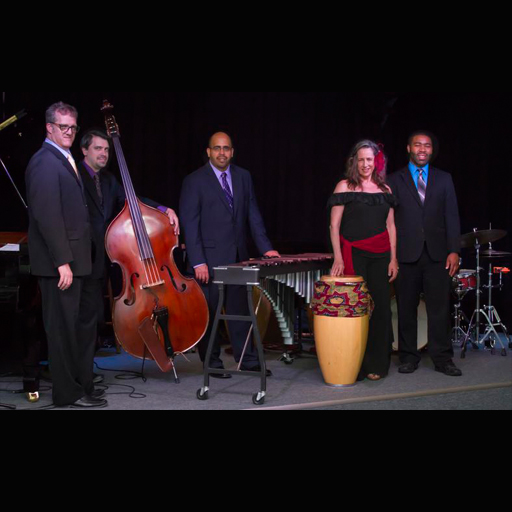
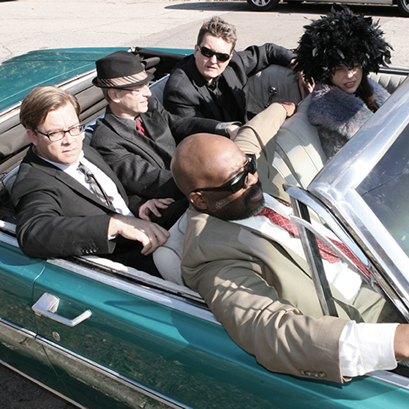



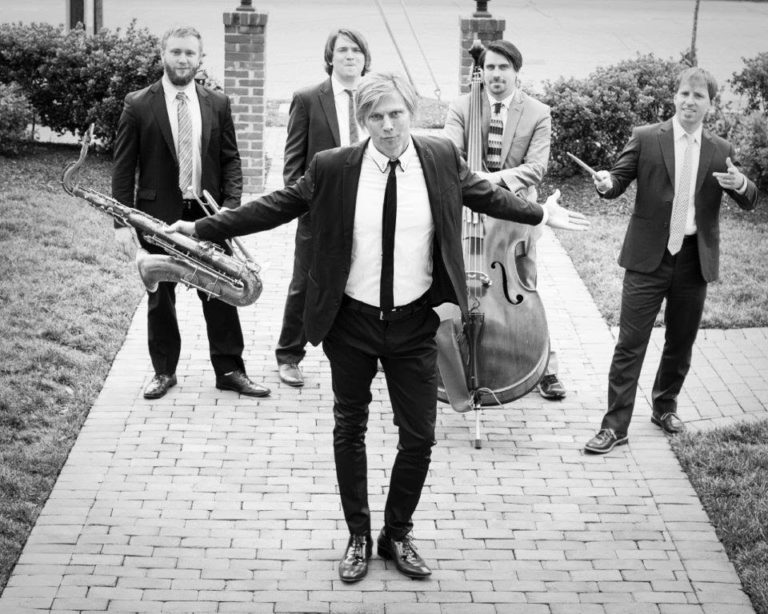



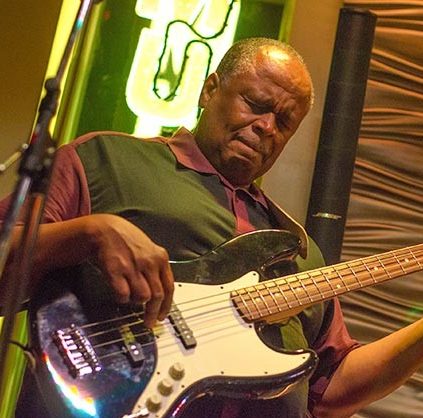
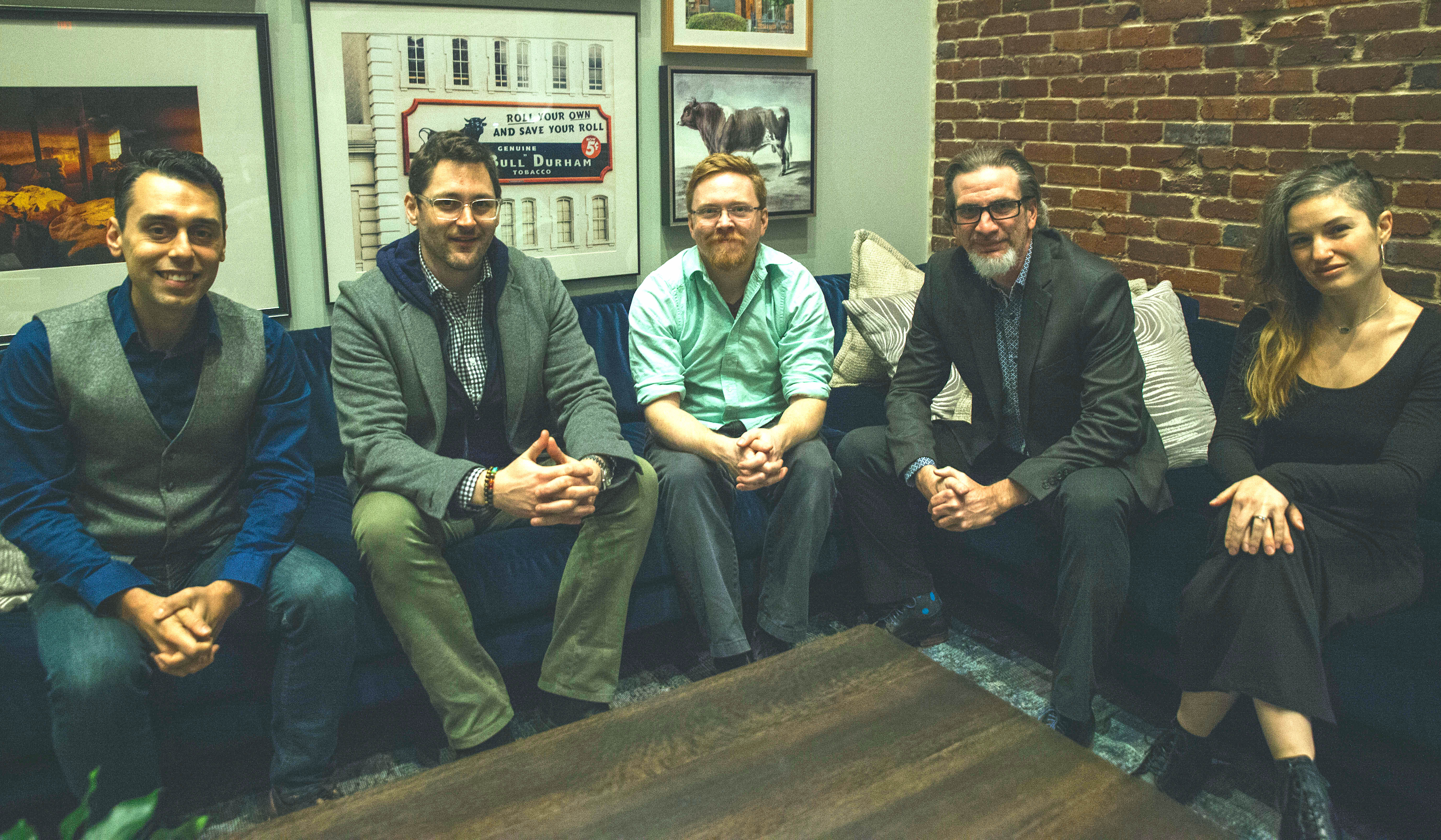
 Q: How did your band form?
Q: How did your band form? ould you say your style has captivated your audiences?
ould you say your style has captivated your audiences?


